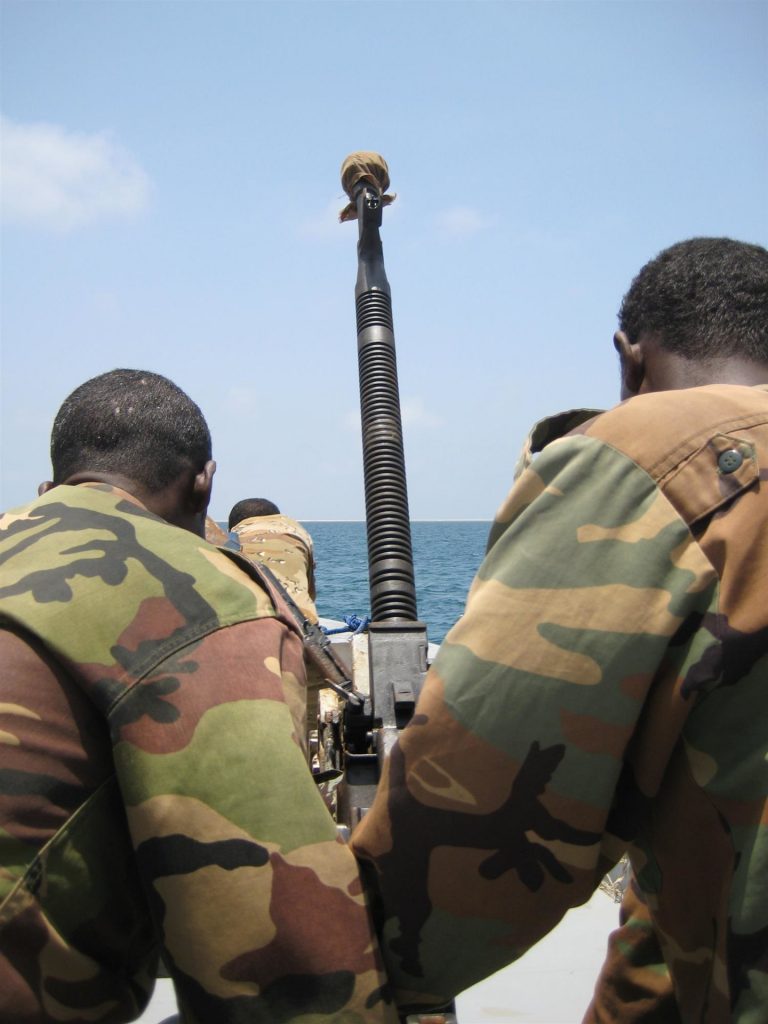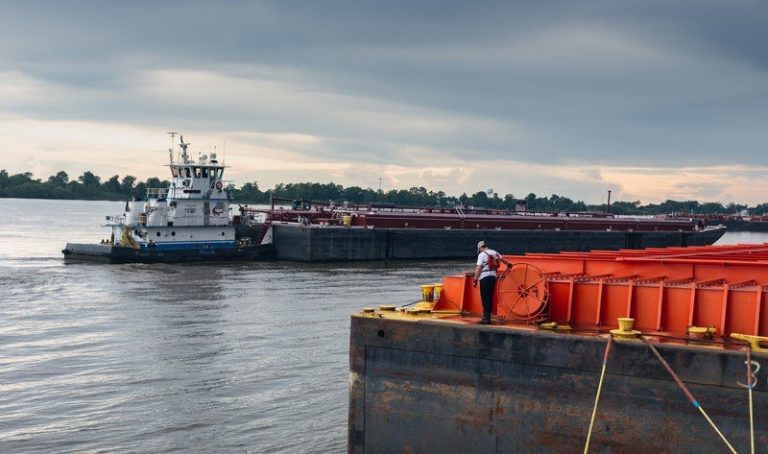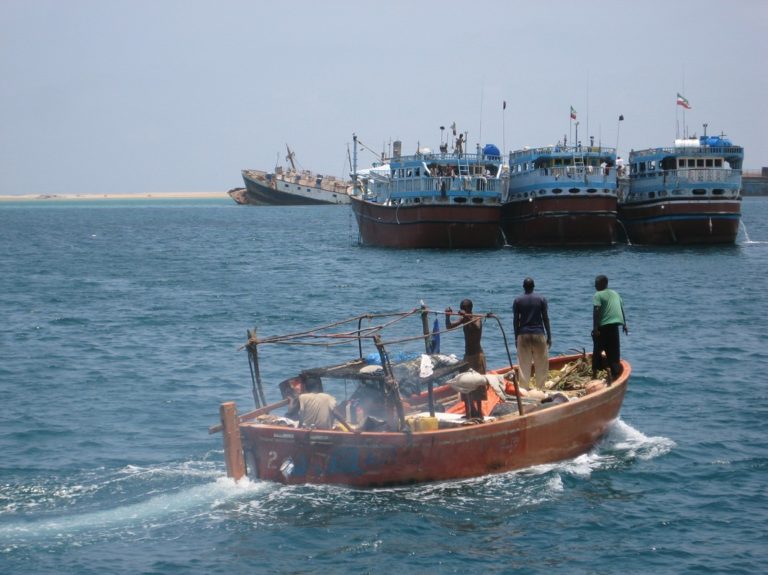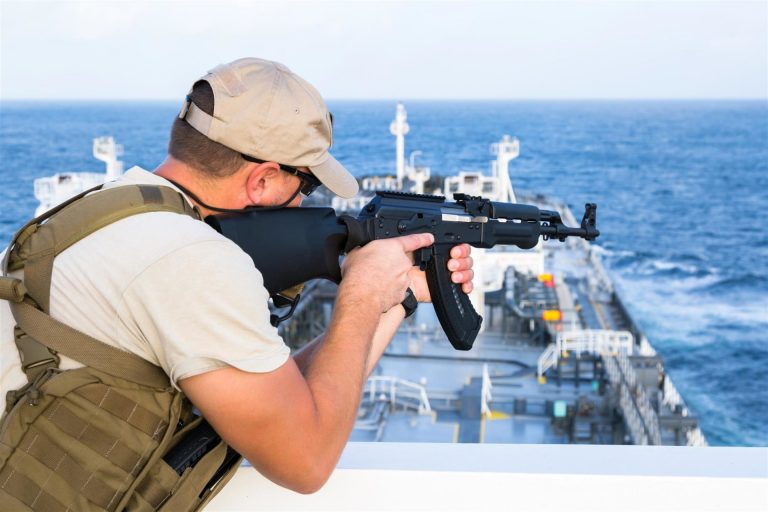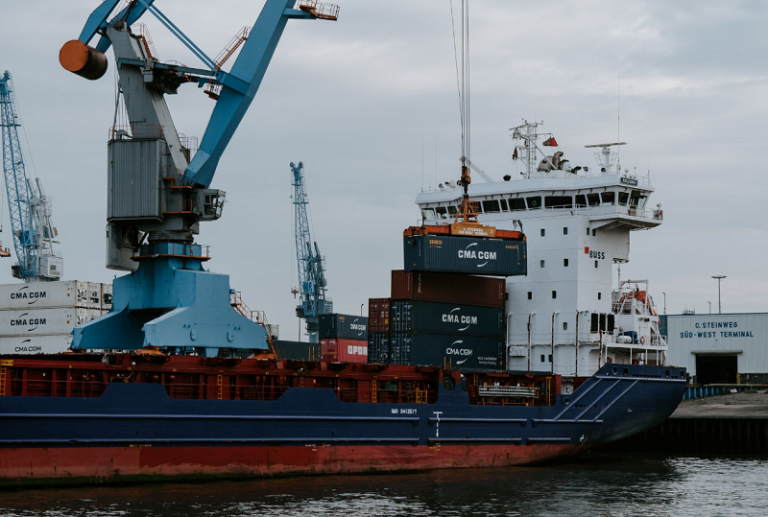When we hear the word “pirate,” we tend to picture things like gruff seafarers searching for treasure or anonymous hacker types illegally downloading movies and software. What many people don’t realize, however, is that piracy isn’t just the stuff of Hollywood films and tech industry slang—maritime pirates are very real and continue to cause problems today for international businesses and foreign policy.
What Is Maritime Piracy?
Although the details are much less dramatic than the piracy of lore, modern-day pirates have much the same goal: to acquire the assets on a transport ship, barge, oil rig, or another vessel by intimidation or force. Instead of larger-than-life ships, today’s pirates tend to use smaller craft like fishing trawlers and motorboats to travel.
Piracy can certainly happen anywhere, but it is an especially common problem on the waters of the Red Sea, Arabian Sea, Gulf of Aden, and Indian Ocean. It’s also a major issue in coastal areas around Indonesia and West Africa, especially near Nigeria and Benin. Although experts have been able to identify these regions of concern, it has remained incredibly difficult to police piracy. Pirates are experts at exploiting the weaknesses of local governments; they know where and when they have the best chance of getting away with their crimes.
The Very Real Dangers of Modern Piracy
Although the idea of men in fishing boats cruising around the coastline may not sound particularly worrisome at first, modern maritime pirates are far from small-time pickpockets who can be easily ignored. Many private enterprises and seafaring citizens have already experienced firsthand how costly—and potentially deadly—an interaction with these dangerous individuals can be.
Threats to Maritime Workers
One might think that a ship with a relatively large crew of capable individuals could easily defend against a small group of pirates, but the reality is that these dangerous criminals almost always carry powerful weapons to intimidate and control their victims. Unless their target is a military ship, the crew is unlikely to have defensive tools. Because both companies and captains always place the safety of maritime workers ahead of other concerns, the best way to protect the crew is often to simply comply with pirates’ demands.
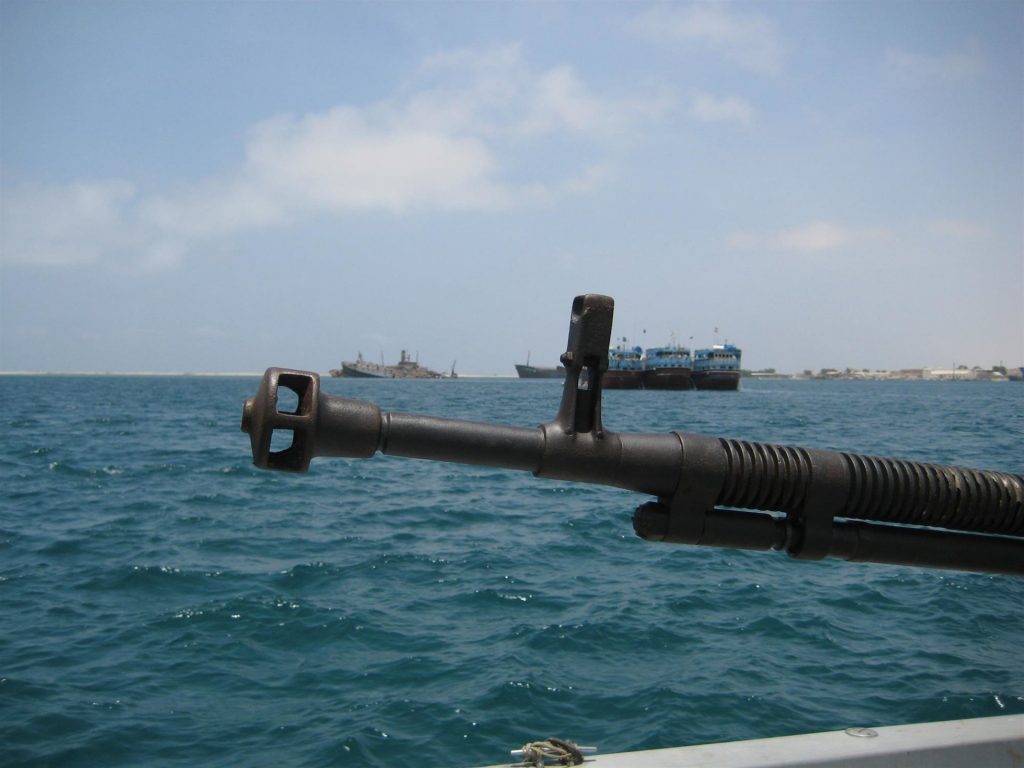
One of the most concerning threats to maritime workers is that of kidnapping, a tactic most often used by Somali pirates who are interested primarily in extorting ransom money from crew members’ employers and/or loved ones. Depending on the ransom they have in mind, they may hijack entire ships or take individual crew members as hostages. Crew members may be injured or threatened with deadly force if they attempt to resist, further intimidating others into compliance. Whatever the case, the terrifying experience can be deeply traumatic.
Threats to Business
In addition to the potential for kidnapping and serious physical harm to crew members, companies and organizations operating at sea can suffer devastating financial losses. Instead of, or in addition to, holding hostages for ransom money, some pirates hijack entire ships to seize the products they carry and sell them illegally for large sums on the black market.
Depending upon the region, pirates may target different assets. For example, pirates in West African waters may focus on hijacking oil tankers, while pirates in Southeast Asian waters may be more interested in seizing products related to cargo fishing. Just like any other industry, the targets of modern piracy are likely to change as political and economic pressures shift the demand. So long as a vessel carries something valuable, there is a potential for pirate encounters.
Other Threats
There are, of course, other indirect threats related to piracy. There are valid environmental concerns, such as the leakage of fuel, crude oil, or other products into marine ecosystems. Should a vessel sink or other debris be thrown into the water during a pirate encounter, those elements may also pose pollution risks.
Piracy can also create serious tension in international relations and have damaging effects on foreign policy. Many nations’ relations with countries like Somalia have understandably been shaken by concerns that they are failing to properly address the piracy issue.
Combating Piracy Through Foreign Policy and International Cooperation
Prosecuting pirates can be challenging, especially when they are operating outside their home country’s jurisdiction. It can be even more challenging when piracy occurs on the high seas, where no particular nation has jurisdiction. Therefore, stopping it requires a coordinated international effort. In 1982, the United Nations introduced the United Nations Convention on the Law of the Sea (UNCLOS). This convention established a framework for how countries are expected to address maritime piracy and other such crimes at sea.
Although they are not the only nation facing piracy, the kidnapping-focused Somali pirates remain in the spotlight of international concern. Somalia has long dealt with internal political and economic instability, making it difficult for local law enforcement to apprehend and prosecute pirates.
Sadly, experts suspect that it is that very instability that has made piracy so enticing to many Somali citizens in the first place. In 2008 and 2009, the UN began their own efforts to address Somali piracy.
To actively control the threat of piracy, some nations’ governments have begun dispatching properly equipped authorities—usually military—to troll areas of concern. Should signs of criminal activity appear, these authorities are much more capable of handling the pirates than average maritime workers.
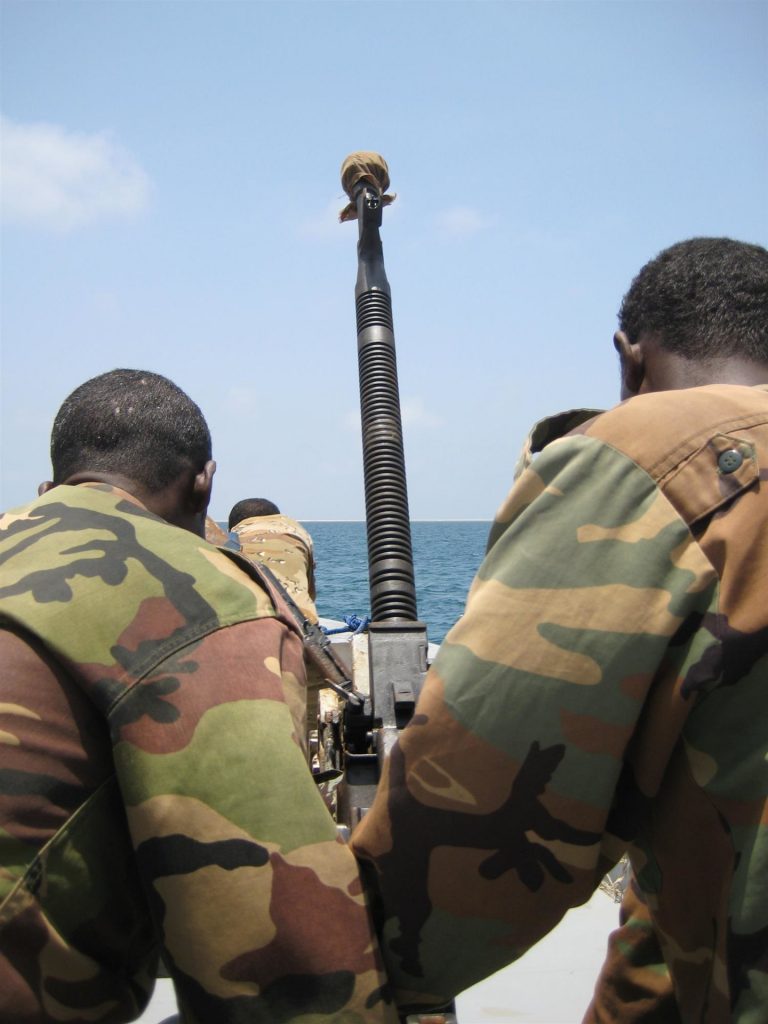
Cooperative policies between countries have allowed countries to shoulder the task of fighting piracy together. Britain and Tanzania, for example, have enacted a measure that allows the British Royal Navy to apprehend suspected Somali pirates and have them sent to Tanzania to be prosecuted for piracy.
Preventing and Surviving Hijackings
Every crew operating in areas of possible pirate activity should be at least somewhat prepared to handle an attack or hijacking. Most vessels already have a plan in place for such threats, so make sure you are well familiar with yours. If your employer does not have a clear anti-piracy plan, do your best to remain level-headed and protect yourself during an attack—even if it means complying with pirates’ demands.
Of course, avoiding suspicious ships in the first place is the best way to protect against attacks. Some ships have been equipped with military Long Range Acoustic Device (LRAD) systems to warn legitimate maritime operations to stay back, weeding out hostile ships from friendly ones.
Having an Experienced Jones Act Attorney Can Make All the Difference
If an investigation reveals that employer negligence played a role in leaving your ship and crew defenseless, they need to be held legally accountable for their part in any injuries you’ve suffered. With a specialized maritime attorney, you’ll have expert help from someone with real-life experience working on cases just like yours.
As a maritime worker, maritime admiralty law gives you a set of unique rights. Things like maintenance and cure make it possible for injured maritime workers to get the money they need to cover their bills and medical care while they recover. The more knowledgeable your lawyer is about these special laws, the more likely they’ll be able to secure a good result for you.
Hurt While Working at Sea? Call Us for a Free Consultation!
When you’ve suffered a maritime injury from a pirate attack or another hazard, you can be left dealing with bills and medical expenses that your employer and insurance company fail to cover. At Maintenance and Cure—Schechter, Shaffer & Harris, L.L.P.—our experienced maritime law attorneys have the background and the knowledge to get you the compensation you deserve.
Call us today at 800-836-5830 or contact us online to get your free confidential case evaluation.
Sources:


